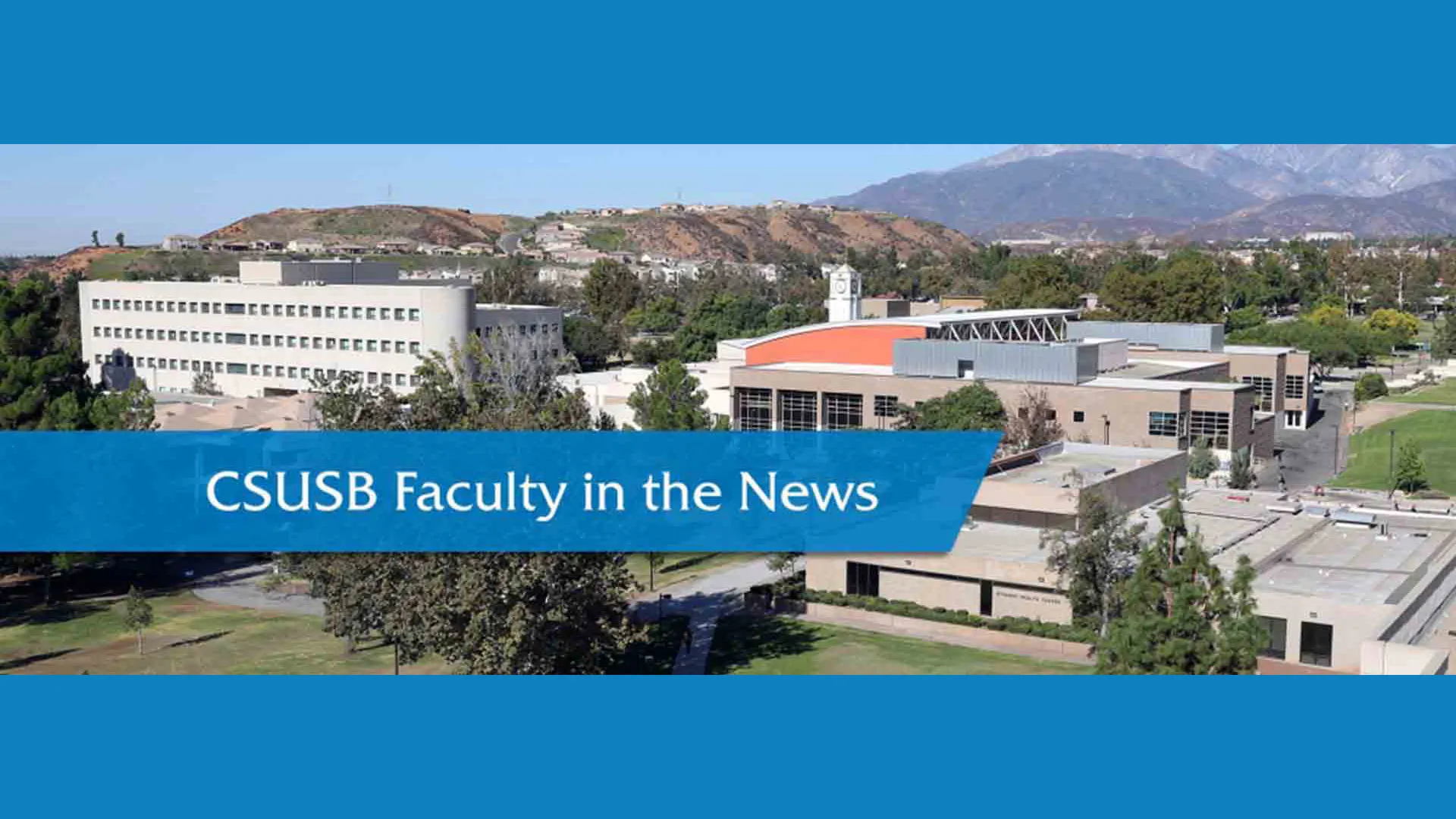NOTE: Faculty, if you are interviewed and quoted by news media, or if your work has been cited, and you have an online link to the article or video, please let us know. Contact us at news@csusb.edu.
CSUSB philosophy professor interviewed for article on how the coronavirus and the election are affecting our optimism
Vox
Oct. 29, 2020
“Facing a seemingly endless pandemic and an election that has little hope of going smoothly, we’re all on a grim, existential roller coaster now,” the article says. “As people try to endure their unwilling ride on this grim existential rollercoaster, optimism — the belief that somehow, everything will turn out okay — is on the wane.”
Kaitlyn Creasy, a philosopher at California State University, San Bernardino, studies Friedrich Nietzsche, the German philosopher who identified nihilism — the perspective that life is meaningless. When things still don’t work out the way we want them to, we may tell ourselves they never really mattered, she says. This can manifest as things like burnout — a state of profound mental and physical exhaustion, usually triggered by prolonged stress.
Read the complete article at “Is this the end of American optimism?”
Don’t be fearful – but be alert – as we head toward election day, CSUSB professor says
KXTV 10 Sacramento
Oct. 29, 2020
Counting down to election day on Tuesday, Nov. 3, fears of political violence are playing out in a lot of peoples’ minds. Grocery giant Walmart, while still selling guns to customers, is pulling both guns and ammunition from displays in its stores citing concerns of civil unrest. But experts say people should not be fearful, but alert.
"I think you have a greater risk of bumping your head when you step off the curb going to the election location," Brian Levin, director for the Study of Hate and Extremism at Cal State Bernardino, said.
Levin said Americans should not be fearful. Presidential elections historically lead to volatile environments, but he says in 2020, its risk is heightened by the coronavirus pandemic, the social justice movement, and extremism online.
“We haven't seen the violent chatter I had expected," Levin said.
Levin said he doesn't expect violence to be widespread, should a catalyst happen.
However, it’s organized far-right militia groups that give experts the most concern.
"We have an idea of when risks are greater. What we have less of an ability to do is tell you who's going to do it and exactly where," Levin said.
Read the complete article, and see the online video report, at “Sacramento at heightened risk for violence related to the election.”
Experts such as CSUSB’s Brian Levin discuss increasing extremist activity in Utah
KMYU/KUTV Salt Lake City, Utah
Oct. 29, 2020
With the upcoming election, experts, including Brian Levin, director of CSUSB’s Center for the Study of Hate and Extremism, worry about increasing extremist activity and hate crimes nationally and in Utah.
Groups use patriotic messaging to gloss over bigotry and succeed when they're able to insert themselves into mainstream life, said Levin.
For 30 years, Levin has been tracking extremism in Utah. He calls the Beehive State "more tolerant" and community-oriented, but says it attracts extremists, just like a lot of Western states.
“The problem is we have a spectrum on the fringes that include paramilitary organizations all the way to groups like the Boogaloo Boys or accelerationists,” Levin said. “These groups thrive on their ability to wedge into the mainstream.”
Levin is adamant that the biggest threats to civilians are armed groups showing up to protests. It increases the risk of accidental or intentional violence toward civilians, he adds.
These groups are a threat to public safety because they’re not officially trained, their membership is not vetted by state or local government," Levin said. "The philosophy they adhere to at the end of the day is an extreme one that allows for extra-judicial violence.
The station also posted an extended version of its interview with Levin.
See the complete report at “Extremism in Utah heating up; some groups push back at the
label.”
These news clips and others may be viewed at “In the Headlines.”
